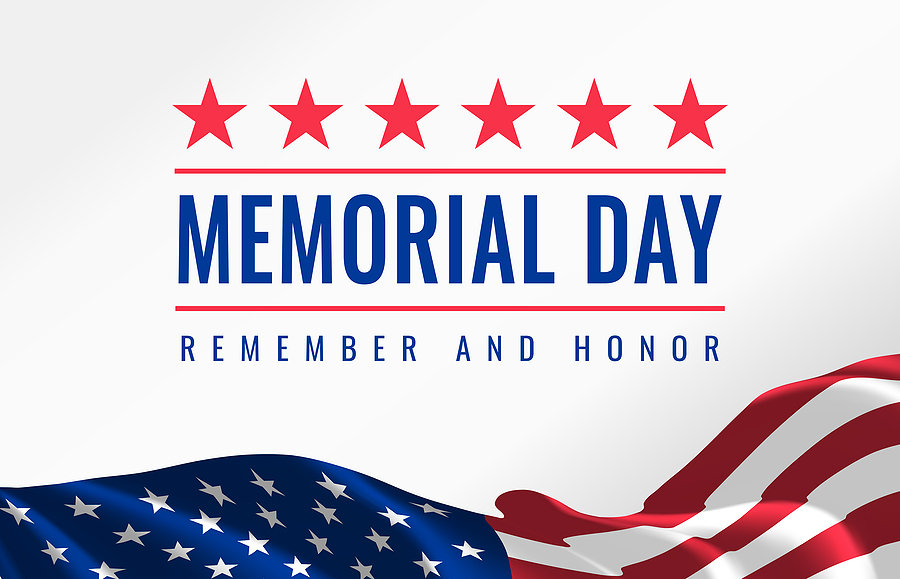
Some of you reading this may never have heard the phrase Decoration Day. What we now call Memorial Day began as Decoration Day, when families went to local cemeteries or traveled to military cemeteries to decorate the graves of loved ones who died during military service. The Library of Congress reports that the first national celebration took place on May 30, 1868, at Arlington National Cemetery, where Confederate and Union soldiers were buried.
It was considered the civic duty – a phrase that deserves a revival – of every American to decorate the graves of the people who died while serving in the armed forces. Different states chose different dates to honor the dead until, at the turn of the century, the name was changed to Memorial Day. In 1971, the holiday was changed to the last Monday in May and the recognition was formalized to honor all American soldiers who died in all wars.
The day has become associated with family gatherings, BBQs, and retail sales, but it is also thankfully still celebrated with parades and cemetery visits in towns and cities across America.
How you remember Decoration Day or Memorial Day is a good marker for what generation you belong to. I remember my parents discussing what we should do for the Decoration Day Weekend, driving up to the Catskills and seeing signs for the Borscht Belt hotels, advertising the star performers during Decoration Day Weekend. My older clients remember small town-style parades, with veterans from many wars walking, or, if they were too old, riding in fire trucks or convertible cars.
Today, Memorial Day has a bigger job. I believe it is important to honor the men and women who sacrifice their lives in the name of our country, who serve domestically and abroad. We may be more aware of them, and their service, now than we were in years past.
When you pull out your folding chair to watch your town’s parade, or your beach chair to watch the Memorial Day Air Show, I hope you’ll take a few minutes to consider what Memorial Day used to be, what it is today, and why it matters.

This article was provided by Stephen J. Silverberg, Attorney at Law, Founder of the Law Office of Stephen J. Silverberg, P.C., one of New York’s TOP Elder Law and Estate Planning Law Firms. Attorney Silverberg and his firm are Members of the ElderCare Matters Alliance and have a Featured Listing on ElderCareMatters.com– America’s National Directory of Elder Care / Senior Care Resources to help families plan for and deal with the issues of Aging.
If you have additional questions about your family’s Elder Care / Senior Care Matters, you can count on ElderCareMatters.com (America’s National Directory of Elder Care / Senior Care Resources) to help you find America’s Top Elder Care / Senior Care Professionals. You can find Local Elder Care / Senior Care Experts by Searching our National Database by City and Service Category. (This Search feature is located on the homepage of ElderCareMatters.com).
The Elder Care / Senior Care Experts that are found on ElderCareMatters.com can provide you with the help you need in a total of 78 different Elder Care / Senior Care Services, including Elder Law, Estate Planning, Home Care, Medicaid Planning, Assisted Living, Care Management, Daily Money Management, Senior Living, Investment Advisory Services, Tax & Accounting Services, Wills & Trusts, Probate plus many other Elder Care Services.
We look forward to helping you plan for and deal with your family’s Issues of Aging.


